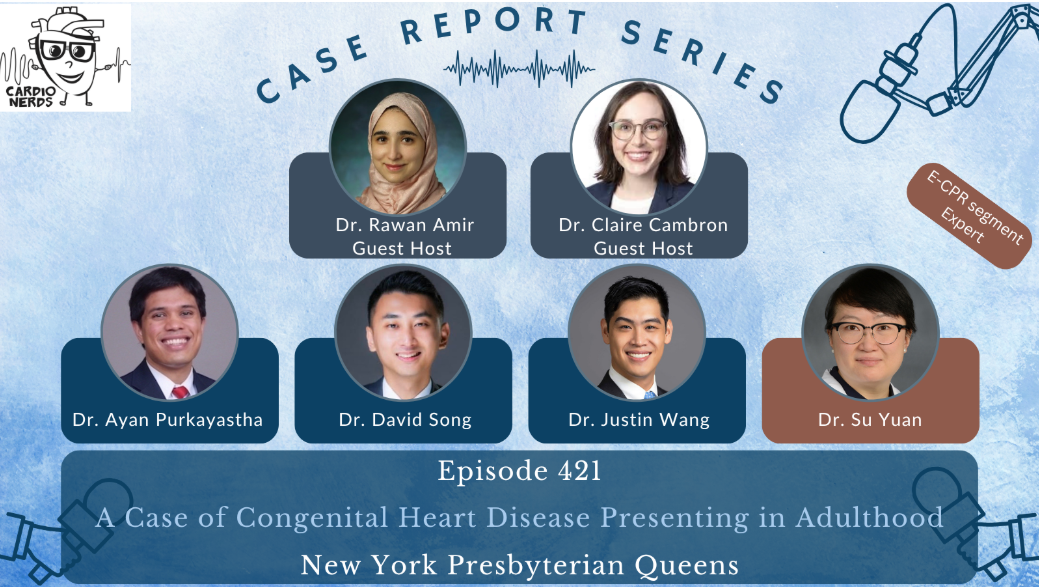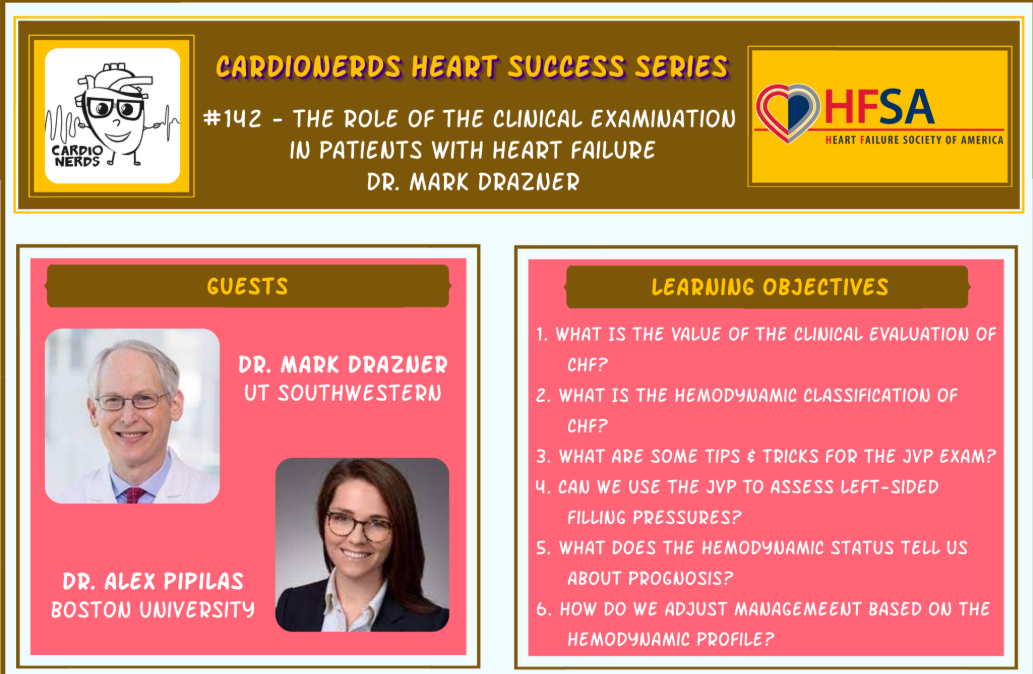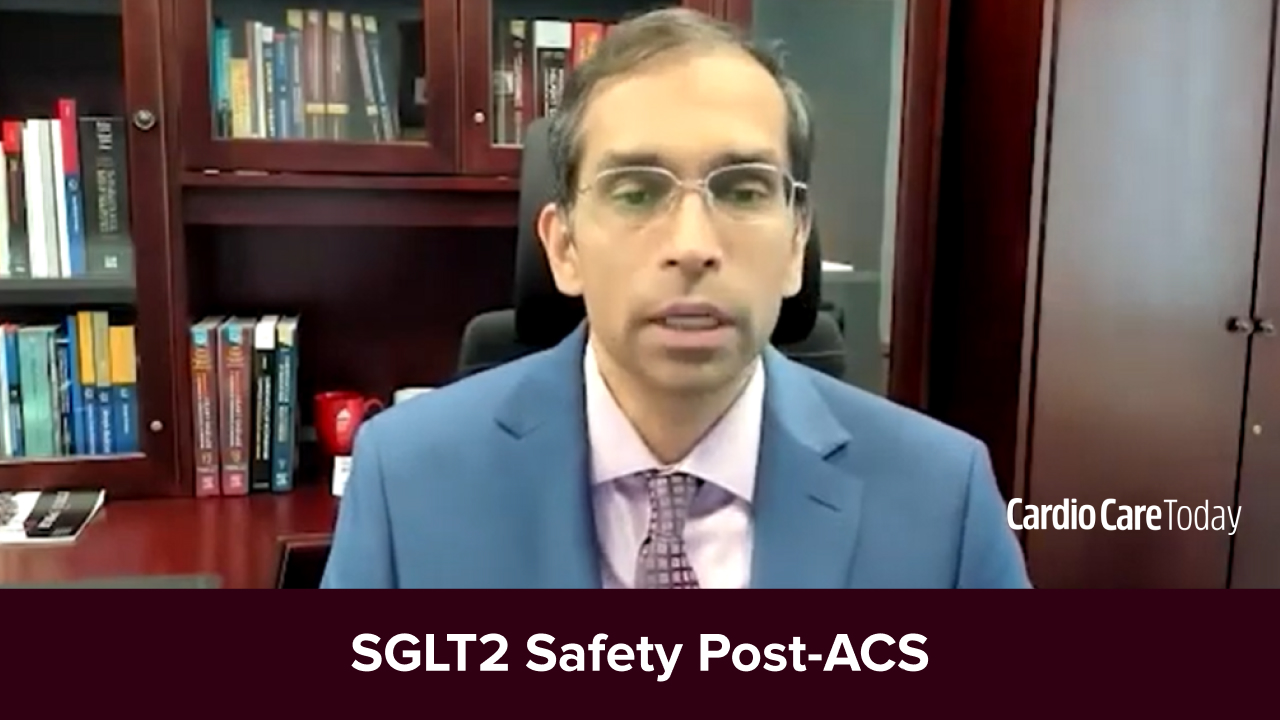
Heart Failure
Advertisement
New study confirms Greek HeartQoL questionnaire is valid to assess quality of life in ischemic heart disease patients.
New NIH-backed research aims to safely gene-edit HCM, the world’s most common—and often undiagnosed—genetic heart ...
SGLT2i use remains low in US heart failure care, despite proven benefits, with wide variation across clinics.
AI is transforming cardiac imaging with faster diagnoses, better accuracy, and new insights into disease prediction.
Combining valve replacement and ATTR-CA drug therapy significantly improves survival in older adults with aortic stenosis.
Chest pain in a 53-year-old leads to a surprising diagnosis: congenitally corrected transposition of the great arteries.
Dual PET/MR imaging enables precise diagnosis and cardiac risk assessment in patients with primary aldosteronism.
Wildfire smoke exposure raises heart failure risk more than other PM2.5 sources, especially in vulnerable populations.
AIMP3 found essential for heart cell survival by preventing toxic homocysteine buildup, study shows.
Dr. Mark Drazner on why the bedside exam still matters in heart failure—insights you can’t get from labs alone.
In-hospital cardiac rehab improved mobility, function, and cognition in non-frail patients with ADHF.
Deepak Bhatt, MD, discusses EMPACT-MI findings on empagliflozin’s kidney safety and heart failure benefits after ACS.
The ONSET/OFFSET and RESPOND trials are under scrutiny for overstated efficacy, per the BMJ report.
AHA’s GWTG-HF program marks 20 years, improving heart failure care at 600+ hospitals and highlighting ongoing care gaps.
Finerenone cuts HF risk across all frailty classes, per FINEARTS-HF.
ATTR therapy shows consistent benefits across disease stages, including in patients with atrial fibrillation.
SGLT2 inhibitors are reshaping heart failure treatment—beyond glucose, they’re improving outcomes across the board.
Patients experienced a median 57.6-month delay from first symptoms to ATTR-CM diagnosis, study finds.
MITT and safety data show acoramidis significantly lowers AFib-related events in transthyretin cardiac amyloidosis.
LuX-Valve offers a safe, effective option for severe TR patients at high surgical risk.





















 © 2025 Mashup Media, LLC, a Formedics Property. All Rights Reserved.
© 2025 Mashup Media, LLC, a Formedics Property. All Rights Reserved.